DNVN - The Hong Kong government (China) has just announced a plan to spend about 77 million USD to convert public transport to electric vehicles, aiming to reduce emissions and become carbon neutral by 2050.
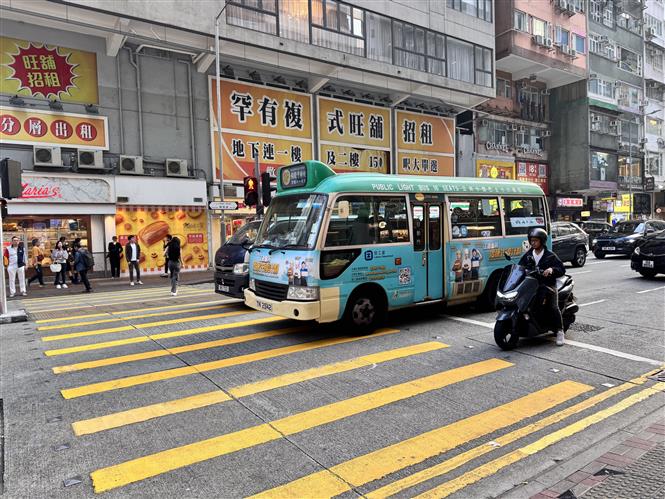
In a statement, Tse Chin-wan, secretary for the Ecology and Environment Department of Hong Kong, outlined a roadmap for replacing diesel buses and taxis with electric vehicles, including a subsidy package and an expansion of charging stations across the city.
The roadmap was originally scheduled to be announced by the government in the first half of 2023 as part of a policy statement. However, Mr. Tse explained that the plan was delayed due to the lack of a diverse range of electric vehicles in the market at that time.
“To encourage taxi owners to switch to electric vehicles, we need to ensure there is enough choice in the market, so we have spent time talking to suppliers and introducing new models to Hong Kong, some of which are tailored specifically for us,” said Mr Tse.
“Over the past year, we have also seen the price of electric vehicles fall rapidly, so we believe this is a good time to accelerate the green transition for buses and taxis,” he continued.
The subsidy scheme, which will be rolled out this month, is expected to support the purchase of 600 electric buses and 3,000 electric taxis in Hong Kong.
The total subsidy allocation is HK$470 million for buses and HK$135 million for taxis, with notices of participation in the subsidy scheme to be sent to operators and vehicle owners this month.
Currently, only 1.4% of the 6,000 franchised buses and 0.5% of the 18,000 taxis in Hong Kong are electric.
Mr Tse stressed that the government would adopt a “carrot but no stick” approach by using incentives rather than forcing the switch. He said that with the current decline in EV prices, there was no need for the government to increase subsidies and that the switch would not significantly increase costs for customers.
On the issue of recycling electric vehicle batteries, he said a dedicated battery recycling plant is being built in Tuen Mun and will be operational in 2026.
Senior Hong Kong environment official Ron Yang Rong said subsidies were necessary because electric buses still cost about 50% more than diesel buses.
Accordingly, single-decker and double-decker buses will be subsidized by HK$400,000 and HK$800,000 respectively or 25% of the capital cost, whichever is lower.
Each taxi owner will receive a subsidy of HK$45,000, equivalent to 10-25% of the value of an existing electric vehicle. The government will prioritize replacing about 3,000 of the oldest taxis, those that are more than 12 years old.
Hong Kong aims to have 700 electric buses and 3,000 electric taxis in operation by the end of 2027.
When asked why hydrogen-powered vehicles were not included in the roadmap, Mr. Tse explained that the technology is still in its early stages of development, and the government will continue to monitor its progress in the market.
To support the transition, the government will increase the number of fast-charging stations, including installations at gas stations and taxi stands, and expand the use of existing charging stations at bus stops for taxis. There are expected to be at least 500 additional charging stations by the end of 2027 and 3,000 by 2030, with bus franchisees responsible for installing the charging stations themselves.
Chau Kwok-keung, chairman of the Hong Kong Taxi and Public Bus Association, welcomed the subsidies but said the support for taxis was “unfair and disproportionate” compared to buses. He urged the government to seek feedback from the taxi industry to better understand the problems they face.
“Many taxi owners are concerned about the burden of replacing batteries, and the batteries in electric vehicles can only last for about four to five years but cost between HK$60,000 and HK$100,000,” Mr Chau said. “It is also not easy for us to find spare parts for electric vehicles.”
He also questioned whether the additional 500 fast-charging stations would be enough to meet the needs of 3,000 new electric taxis by 2027, when the number of private cars is also growing rapidly.
Citybus announced plans to buy 200 electric buses and pledged to convert its entire fleet to zero-emission vehicles by 2045. Meanwhile, KMB also expressed support for the subsidy and said it would “actively consider” buying electric buses.
Cao Thong (t/h)
Source: https://doanhnghiepvn.vn/cong-nghe/hong-kong-dau-tu-hang-chuc-trieu-usd-thuc-day-chuyen-doi-sang-xe-dien-cong-cong/20241212103317536


![[Photo] Prime Minister Pham Minh Chinh meets with the Policy Advisory Council on Private Economic Development](https://vphoto.vietnam.vn/thumb/1200x675/vietnam/resource/IMAGE/2025/5/8/387da60b85cc489ab2aed8442fc3b14a)



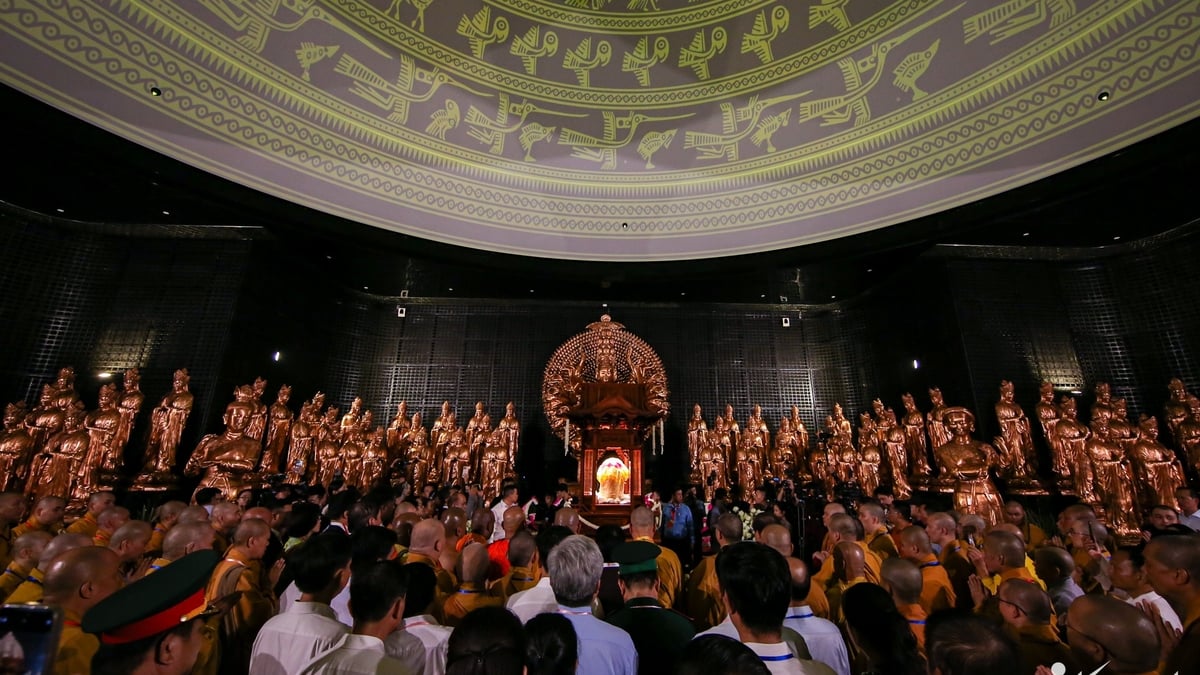
![[Photo] General Secretary To Lam begins official visit to Russia and attends the 80th Anniversary of Victory over Fascism](https://vphoto.vietnam.vn/thumb/1200x675/vietnam/resource/IMAGE/2025/5/8/5d2566d7f67d4a1e9b88bc677831ec9d)








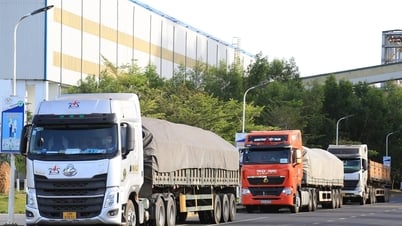


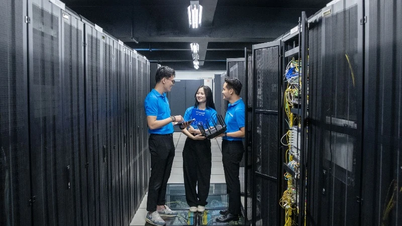
![[Video] Institute of Social Science Information celebrates 50th anniversary](https://vphoto.vietnam.vn/thumb/402x226/vietnam/resource/IMAGE/2025/5/8/541d6946f8a14ed3824d7a3edafc652c)

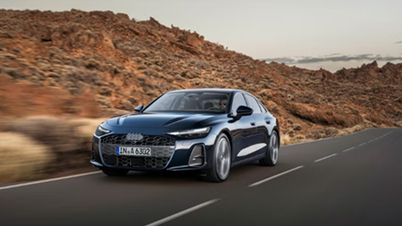
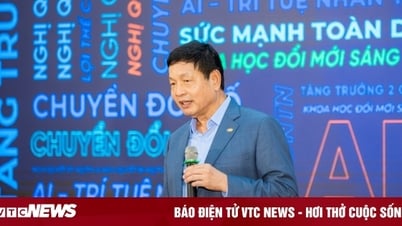
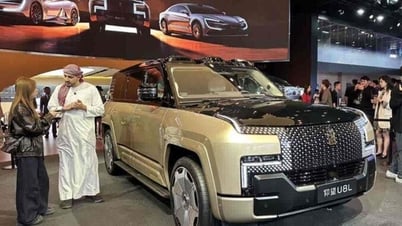




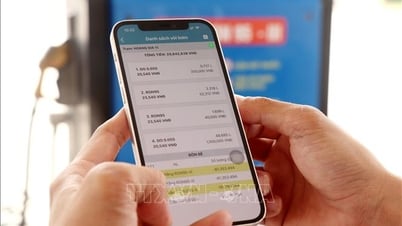
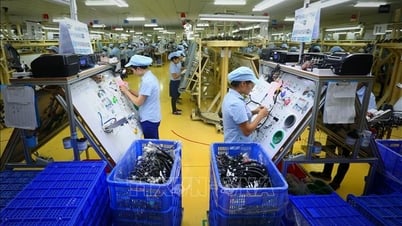




![[Photo] National Assembly Chairman Tran Thanh Man chairs the meeting of the Subcommittee on Documents of the First National Assembly Party Congress](https://vphoto.vietnam.vn/thumb/1200x675/vietnam/resource/IMAGE/2025/5/8/72b19a73d94a4affab411fd8c87f4f8d)


































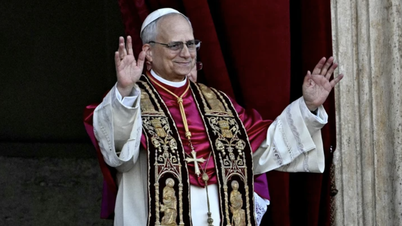

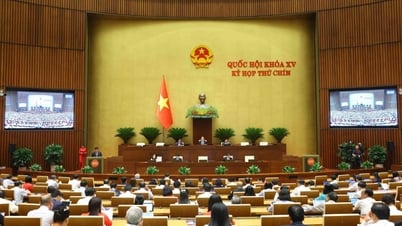

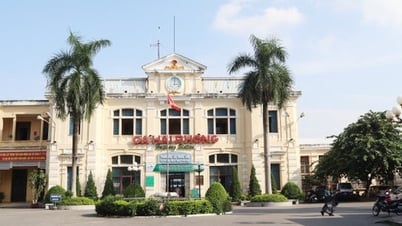














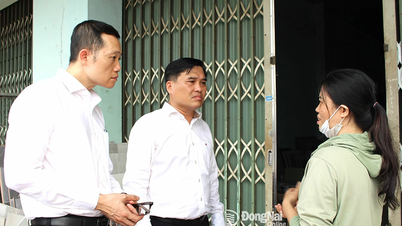


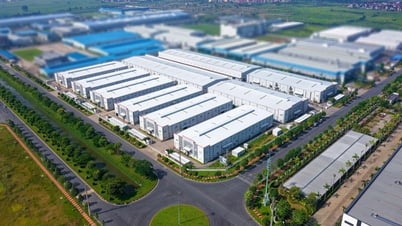











Comment (0)